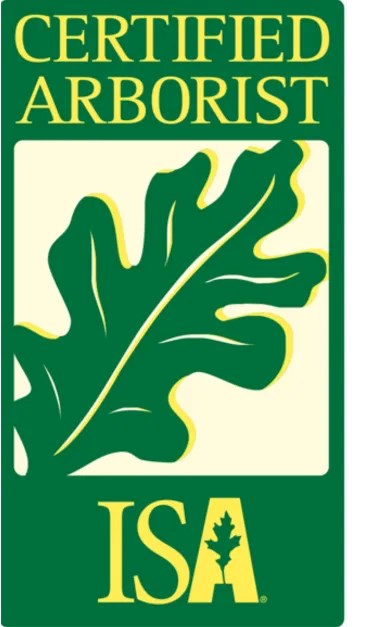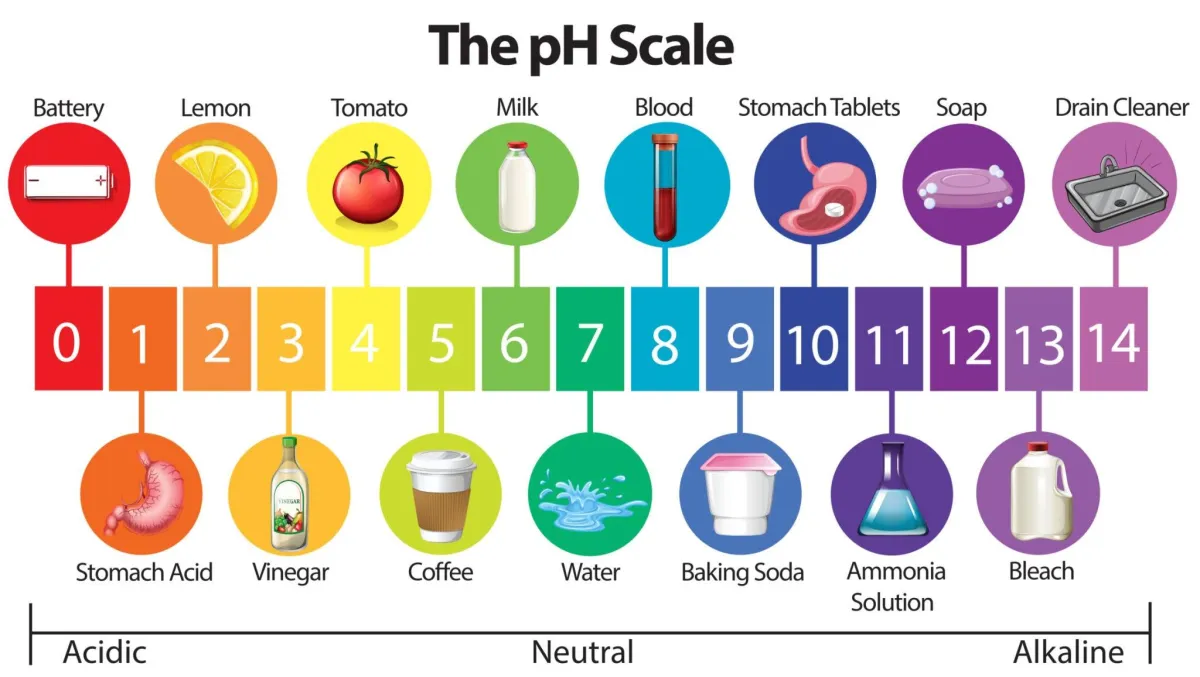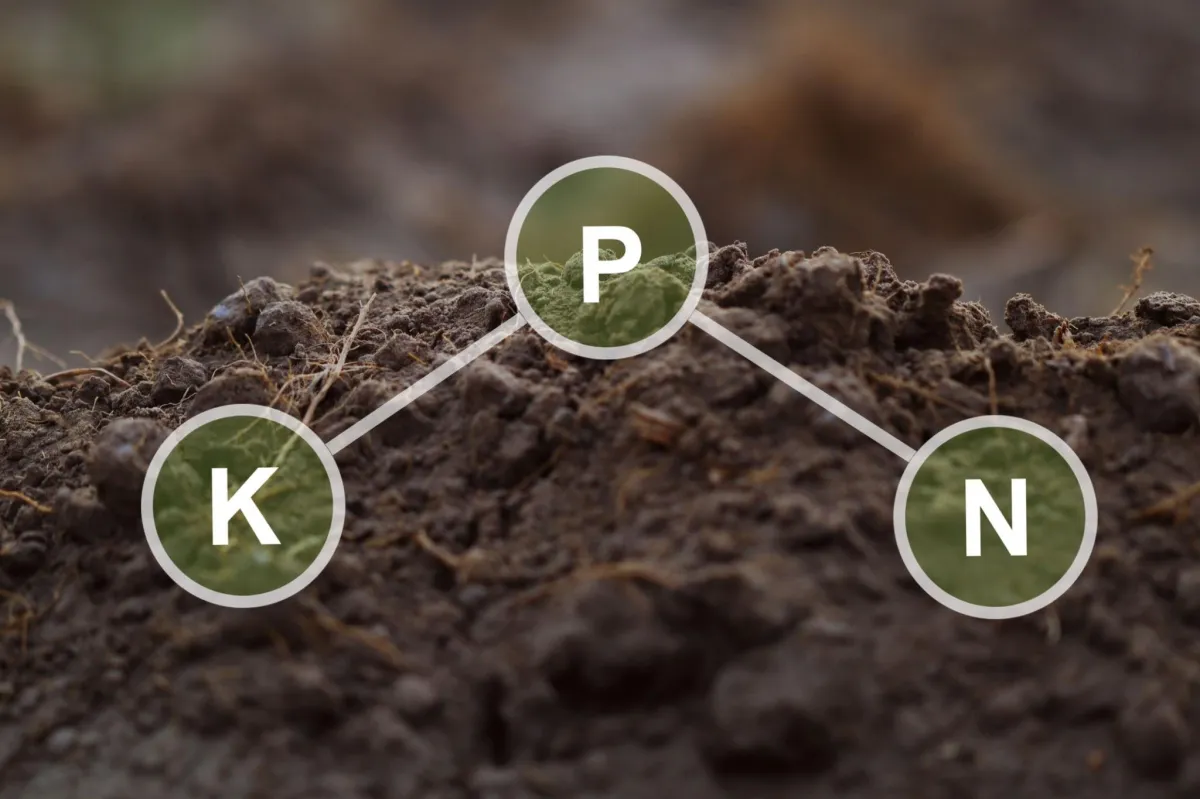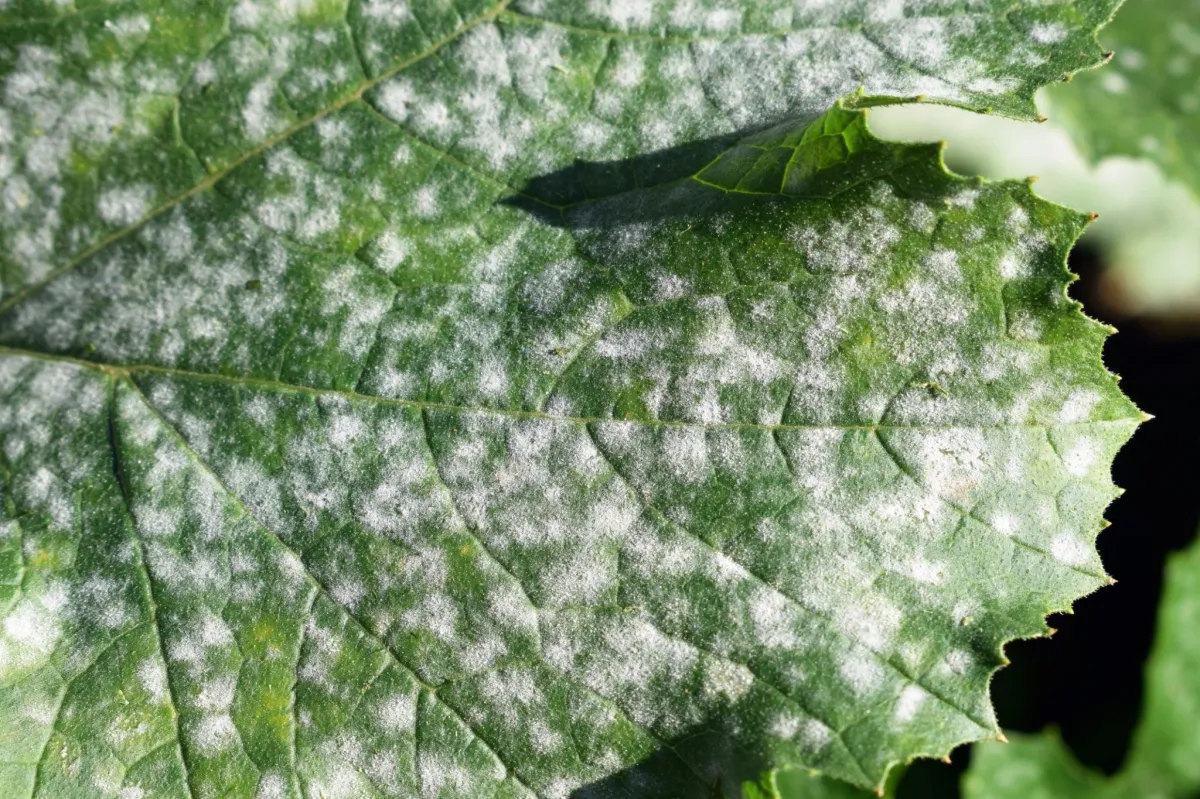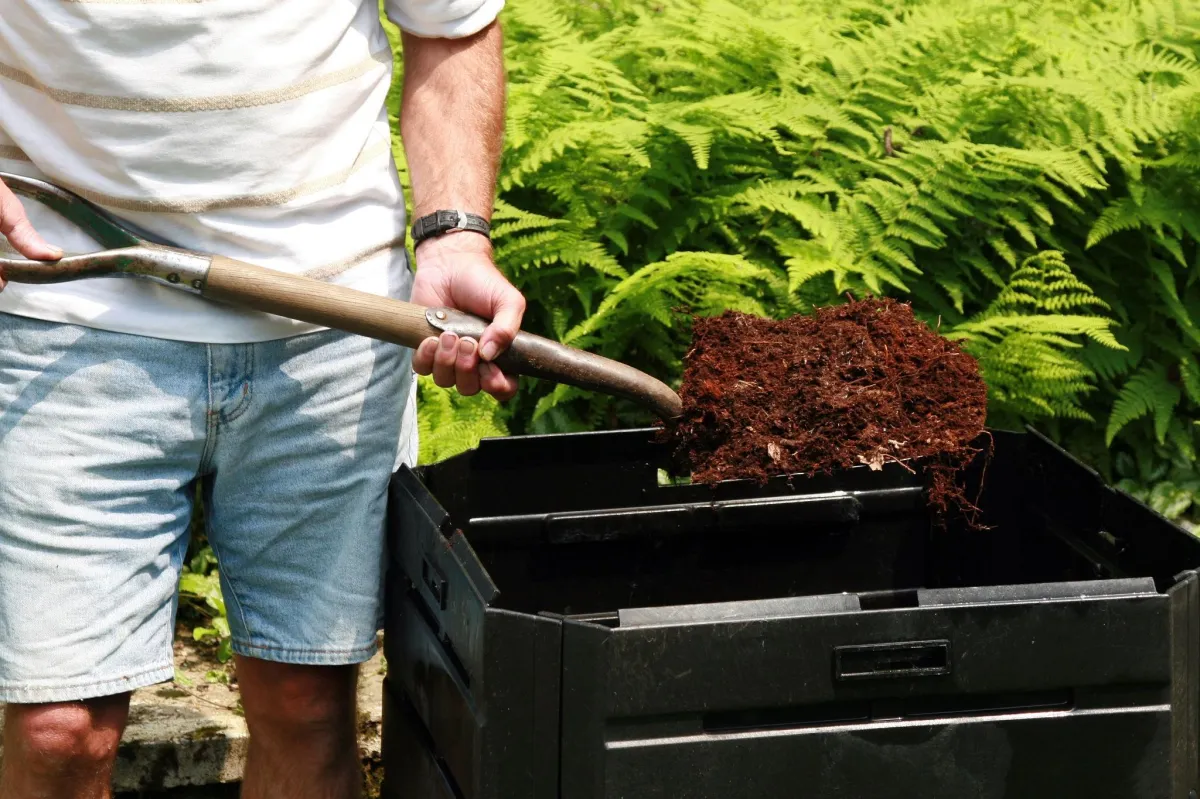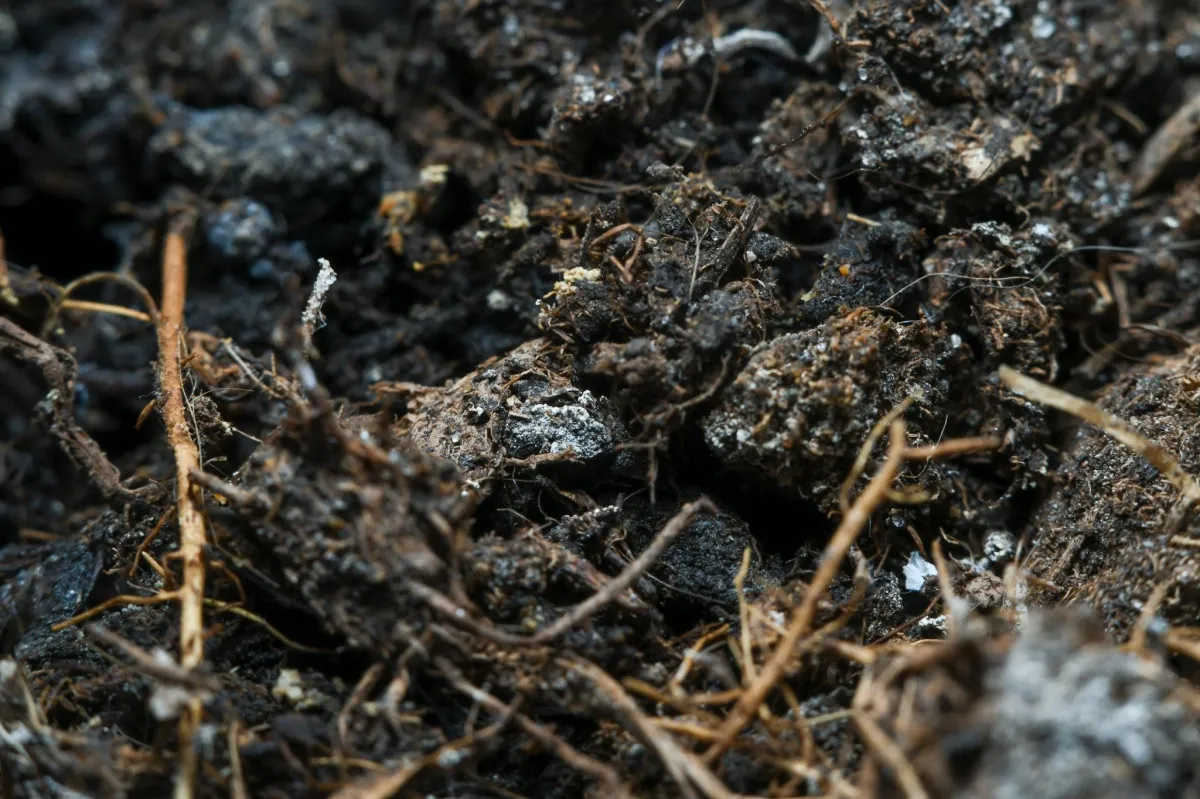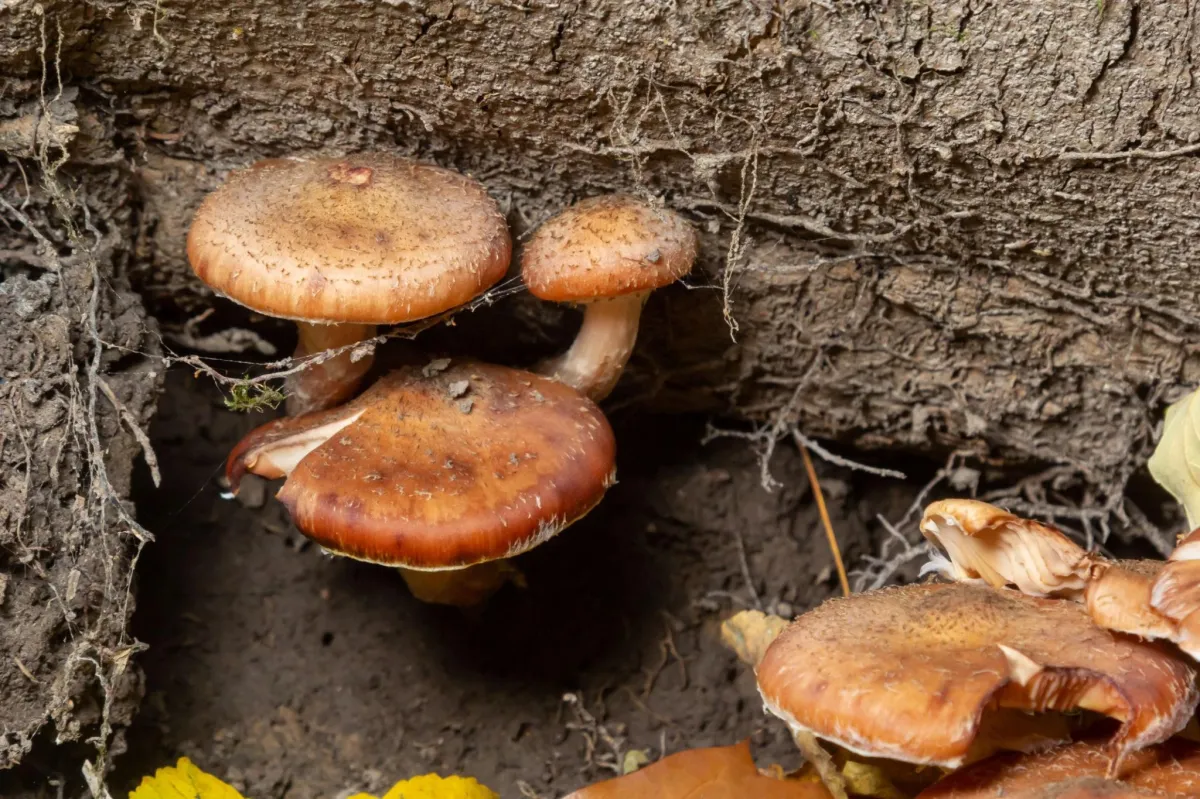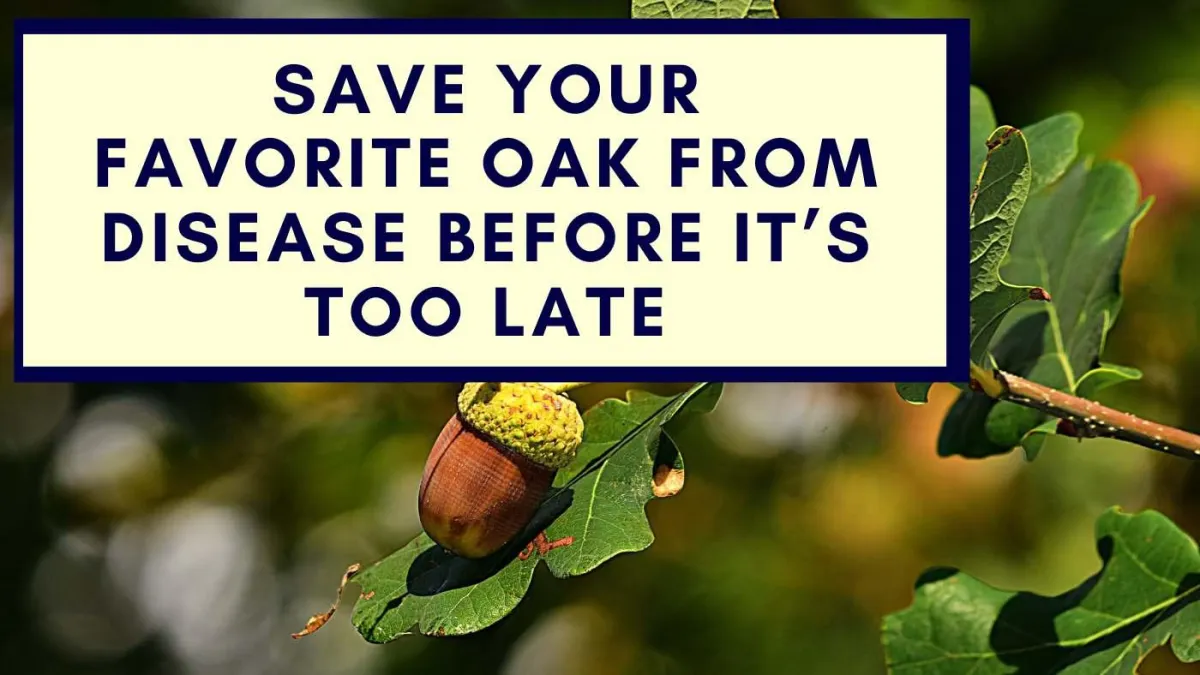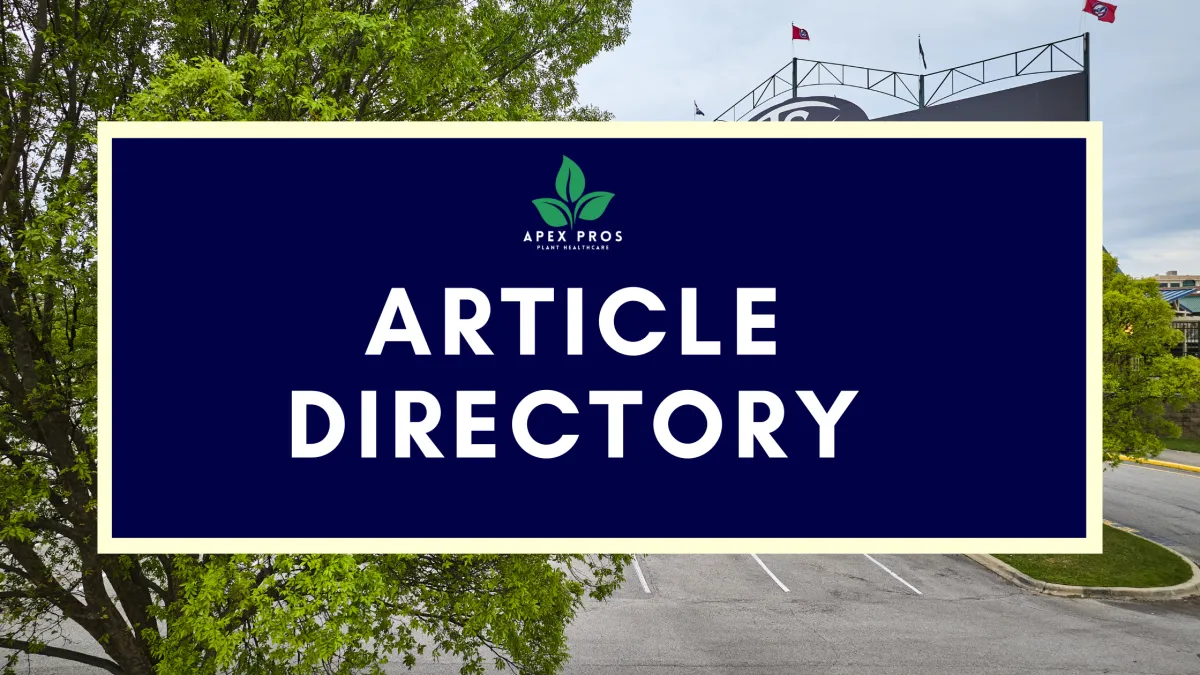
Blog > A Guide for Root & Soil Treatment
Understanding Soil Chemistry and How It Impacts Tree Health
Soil is the foundation of all plant life, and understanding its chemistry is essential for maintaining healthy trees. This guide will delve into the components of soil chemistry, how they interact, and their effect on tree health, especially in Louisville, KY.
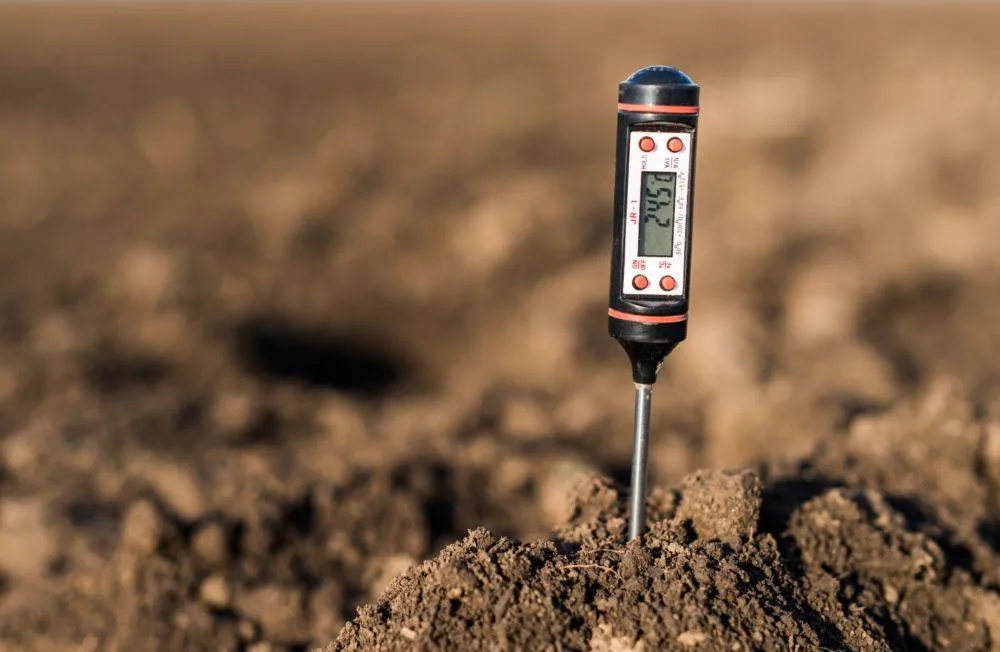
What is Soil Chemistry?
Soil chemistry refers to the chemical composition of soil, including its nutrients, pH levels, organic matter, and mineral content. These factors collectively determine the fertility of the soil and its ability to support plant growth
Key Components of Soil Chemistry
pH Levels
Soil pH measures how "sour" (acidic) or "sweet" (alkaline) the soil is. It affects how well trees can absorb nutrients. If the pH is too low (acidic), important nutrients like calcium and magnesium may be hard for the tree to use. If the pH is too high (alkaline), nutrients like iron can get stuck in the soil, making the tree struggle to stay green. In Louisville, soil pH can vary a lot, so it’s a good idea to test it to know what your trees need.
Nutrient Availability
Trees need nutrients to grow strong and healthy. The most important nutrients are:
Nitrogen (N): Helps trees grow green leaves.
Phosphorus (P): Supports root growth and helps trees make flowers and fruits.
Potassium (K): Keeps trees strong against disease and bad weather.
Sometimes the soil doesn’t have enough of these nutrients, so fertilizers are needed. If you’re in Louisville, checking your soil can show if your trees are getting the nutrients they need.
2. Powdery Mildew
This is a fungal disease that shows up as a white or gray powder on the leaves. Powdery mildew blocks sunlight from reaching the leaves, reducing the tree’s ability to grow and stay healthy. While it doesn’t kill trees quickly, it weakens them over time, making them more vulnerable to other diseases. Keeping good airflow around the tree and removing any affected leaves in fall can help reduce the chances of this disease spreading.
Organic Matter
Organic matter comes from things like dead leaves, grass clippings, or compost. When these materials break down, they make the soil healthier. Organic matter holds water like a sponge, giving the tree roots plenty to drink during dry times. It also feeds tiny organisms in the soil that help trees absorb nutrients. Adding mulch or compost to your soil is a simple way to increase organic matter and help your trees grow.
Soil Minerals
Soil contains tiny bits of minerals, like calcium, magnesium, and iron. These minerals act like vitamins for trees:
Calcium: Builds strong tree cells, like bones for humans.
Magnesium: Helps trees make chlorophyll, which is what turns sunlight into energy.
Iron: Keeps leaves green and helps trees stay healthy.
If the soil doesn’t have enough of these minerals, trees can become weak or their leaves might turn yellow. In Louisville, natural limestone in the soil adds calcium but can make it harder for trees to get iron.
Soil Minerals
Soil contains tiny bits of minerals, like calcium, magnesium, and iron. These minerals act like vitamins for trees:
Calcium: Builds strong tree cells, like bones for humans.
Magnesium: Helps trees make chlorophyll, which is what turns sunlight into energy.
Iron: Keeps leaves green and helps trees stay healthy.
If the soil doesn’t have enough of these minerals, trees can become weak or their leaves might turn yellow. In Louisville, natural limestone in the soil adds calcium but can make it harder for trees to get iron.
4. Armillaria Root Rot
Armillaria, also known as “oak root fungus,” attacks the roots, causing the tree to lose leaves and its branches to weaken. The fungus lives in the soil and can survive for years, affecting any new tree that grows in the same spot. Symptoms of root rot include sudden wilting, branch dieback, and mushrooms growing at the base of the tree. Armillaria is especially dangerous because it attacks the roots directly, so trees with root rot are often structurally unstable.
How Soil Chemistry Affects Tree Health
Trees rely on the soil for water, nutrients, and support. Imbalances in soil chemistry can lead to nutrient deficiencies, poor root development, and increased vulnerability to pests and diseases.
What is Soil Chemistry?
Soil chemistry refers to the chemical composition of soil, including its nutrients, pH levels, organic matter, and mineral content. These factors collectively determine the fertility of the soil and its ability to support plant growth
Impact of Soil pH
The pH of the soil acts like a gatekeeper, deciding which nutrients can be absorbed by tree roots. Acidic soil can limit the availability of nutrients like calcium, magnesium, and phosphorus, making it hard for trees to thrive. On the other hand, alkaline soil can cause deficiencies in iron, manganese, and zinc, which trees need to keep their leaves green and their overall health strong. In Louisville, alkaline soil is common, especially in areas with limestone deposits. Testing the soil’s pH is a critical first step in diagnosing tree health issues.
Soil Structure and Tree Stability
Soil chemistry also affects the physical structure of the soil, which is critical for tree roots to grow deep and spread wide. Healthy soil should be loose and crumbly, allowing water and air to move through it easily. Compacted soil, often found in urban areas of Louisville, can suffocate roots by cutting off their access to oxygen and water. This makes trees weaker and more prone to toppling during storms. Improving soil chemistry with organic matter or aerating the soil can make a big difference in how well trees grow.
Soil Chemistry in Louisville
In Louisville, soil conditions vary widely depending on the area. Urban areas often have compacted, nutrient-poor soils due to construction and foot traffic. In contrast, suburban and rural areas may have more organic matter but still face challenges like pH imbalances caused by natural limestone deposits. Alkaline soils in Louisville can make it difficult for trees to absorb nutrients like iron and manganese, which can lead to yellowing leaves. Compacted soil is another common problem, especially in yards or parks where people frequently walk or play. These issues make it essential for homeowners all across the region to test their soil and take steps to improve its quality.
Steps to Improve Soil Chemistry for Tree Health
Soil Testing
The first step to improving soil chemistry is testing it. Soil tests measure pH, nutrient levels, and organic matter content, giving you a clear picture of what your soil needs. If your soil’s pH isn’t right for your trees, you can make adjustments:
To lower pH (for acidic-loving trees), add materials like sulfur or organic matter such as pine needles or peat moss.
To raise pH (for trees that prefer neutral or alkaline soil), add lime or wood ash.
These changes should be made gradually, as large swings in pH can shock tree roots.
Adding Nutrients and Organic Matter
If your soil test shows a lack of nutrients, choose fertilizers that match the missing elements. Organic matter, like compost or well-rotted manure, can improve both nutrient levels and soil structure. Spread a layer of compost around the base of trees to enrich the soil naturally.
Addressing Compaction
For compacted soil, aeration is key. Using an aerator tool to poke small holes in the soil can help air and water reach tree roots more easily. Adding organic matter after aerating helps keep the soil loose and healthy over time.
Contact Us
Service Hours
Social Media
Looking for landscaping, lawn care, or other home services?

Contact Us
+1 502-483-0511
Prospect, Louisville, KY 40222
Service Hours
Mon- Fri: 9am - 5pm
Sat & Sun: Appt Only
Social Media

2026 | Apex Pros | Rights Reserved
